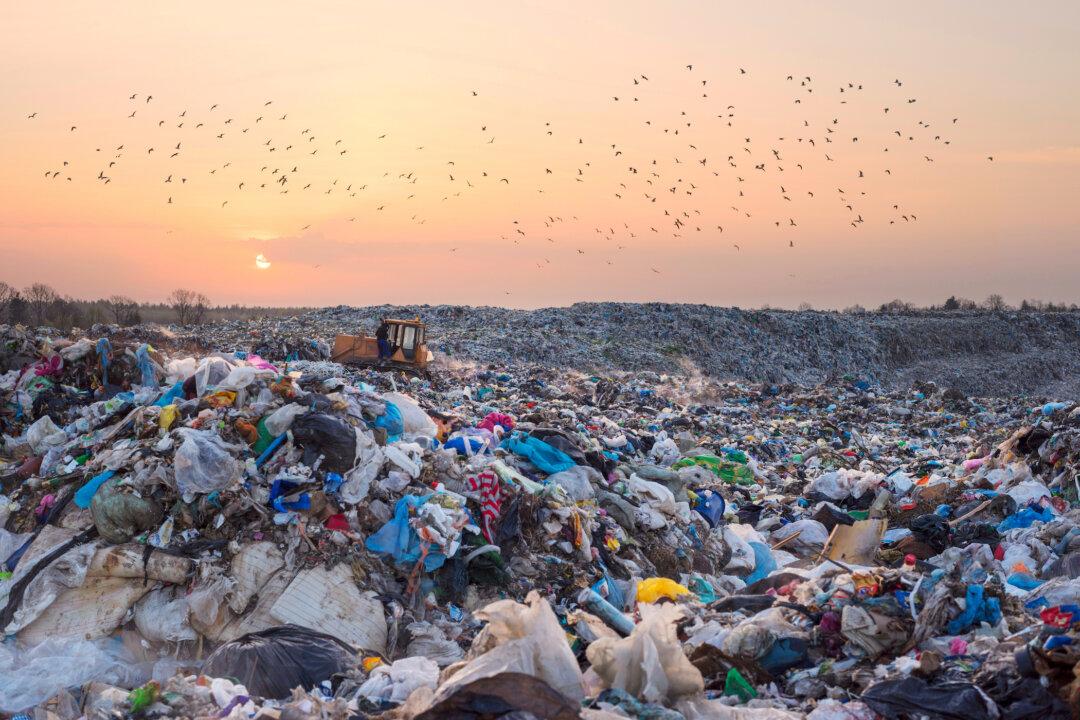Australian Minister for the Environment Tanya Plibersek expressed disappointment after U.N. members failed to reach a global agreement on plastic pollution at the fifth Intergovernmental Negotiating Committee on the Global Plastics Treaty (INC-5).
Members representing more than 170 nations negotiated two documents by INC Chair Luis Vayas Valdivieso in Busan, South Korea, but did not reach a deal and will resume the talks next year.




